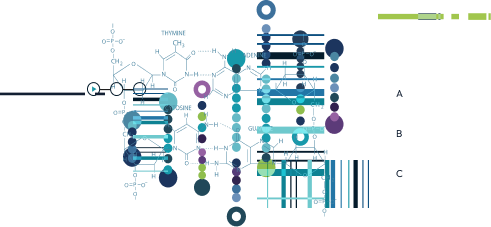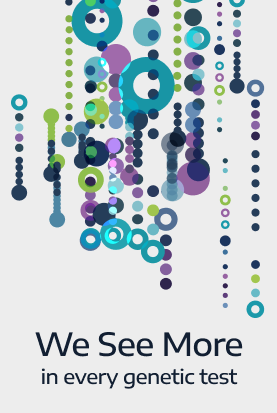News Center

Introducing a Curated Cardiomyopathies and Arrhythmia Panel with Unparalleled Specificity, Sensitivity and Clinical Utility
- By Variantyx
- Posted in New & Updated Tests
Hereditary cardiomyopathies and arrhythmias are major contributors to morbidity and mortality worldwide.
Cardiomyopathy refers to primary disorders of the cardiac muscle, often caused by dysfunction of sarcomere proteins. Clinical subtypes include hypertrophic cardiomyopathy (HCM), dilated cardiomyopathy (DCM), restrictive cardiomyopathy (RCM), and left ventricular noncompaction (LVNC).
Cardiac arrhythmias are disorders of the heart’s electrical conduction system, frequently resulting from abnormalities in cardiac ion channels. These include long QT syndrome (LQTS), short QT syndrome (SQTS), Brugada syndrome (BrS), and catecholaminergic polymorphic ventricular tachycardia (CPVT). Arrhythmias may also present as the initial symptom in certain cardiomyopathies, such as arrhythmogenic right ventricular cardiomyopathy (ARVC) and other genetic subtypes 1.
Together, hereditary cardiomyopathies and arrhythmias significantly increase the risk of sudden cardiac death and heart failure. Early diagnosis, clinical management, and family-based screening are critical 2. Genetic testing is recommended as standard of care by multiple professional societies worldwide 3.
Genetic testing for cardiomyopathy and arrhythmia is complex due to genetic heterogeneity, pleiotropy, and phenocopy. Although dozens of genes have been implicated, the gene-disease association for many has been disputed or refuted.
The Genomic Unity® Cardiomyopathy and Arrhythmia Analysis panel has been carefully curated to include only genes with strong evidence of association with cardiomyopathy and/or arrhythmia. This targeted approach reduces the likelihood of reporting variants of uncertain significance while maintaining high diagnostic sensitivity.
Powered by our whole genome sequencing platform, this panel detects all relevant variant types, including small sequence variants, structural variants, and repeat expansions in CNBP 4, DMPK 5, and FXN 6. Mitochondrial DNA analysis is available via reflex or separate testing options.
Genetic diagnosis in patients with hereditary cardiac disease supports precision care. It can guide therapeutic and prognostic decisions, inform lifestyle adjustments for at-risk but asymptomatic individuals, and provide reproductive planning options for families.
Learn more about Genomic Unity® Cardiomyopathy and Arrhythmia Analysis.
References
- Circ Res. 2022;130(11):1698-1722.
- Eur J Hum Genet. 2023;31(9):1003-1009.
- Europace. 2022;24(8):1307-1367.
- GeneReviews. Updated 2020.
- GeneReviews. Updated 2024.
- GeneReviews. Updated 2025.
